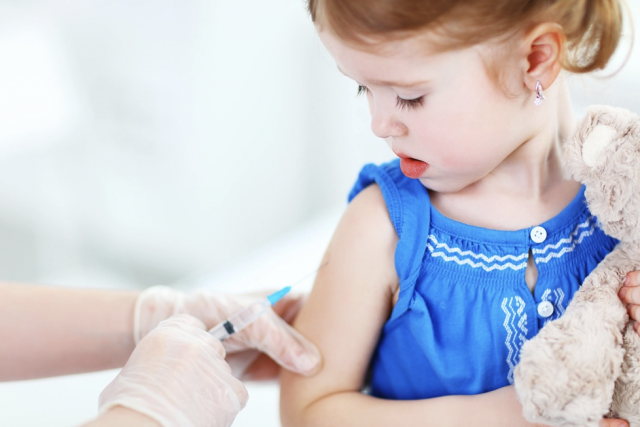Young hospital patients will have a stronger voice in their care under a new system.
The State Government announced Safer Care for Kids on 7 August.
Health Minister Mary-Anne Thomas said the new family-led project from Safer Care Victoria (SCV) would improve outcomes for children in emergency care.
The escalation system will be available across the state, giving parents and carers an alternative pathway to raise concerns if they feel they are not being listened to.
It will be designed in close consultation with health services, and follows the successful implementation of similar processes in other jurisdictions.
Since the government established SCV in 2017, its annual Sentinel Events Report has shared investigations and outcomes from tragic events in hospitals, providing recommendations to prevent similar events from ever happening again.
‘Sentinel events’ refers to events that result in serious harm or death of a patient in health service care.
This year’s Sentinel Events Report documented 240 event in 2021-22, up from 168 the previous year.
The report showed an increase in notified sentinel events related to patient deterioration, particularly among children, and provided three key recommendations.
“Every sentinel event is a tragedy,” Ms Thomas said.
“We will learn from each and every event to honour the children affected, and to ensure that it does not happen again – that’s why we’re making these important changes.
“We will implement the three key recommendations to make sure all Victorian children receive the best possible care.”
“Families who have lost their children because of a paediatric sentinel event have driven the launch of Safer Care for Kids and will be critical to its success – we thank them for their tireless and passionate advocacy.”
The report highlighted deterioration as the most significant factor contributing to paediatric sentinel events, and the recommendations will support clinicians to better recognise and respond to patient deterioration.
A virtual paediatric consultation system will also be introduced, which will provide 24-hour access to specialist paediatric experts and services. This will be particularly beneficial to smaller regional health services when treating acutely unwell children.
The third change will be the mandated use of standardised and age-specific charts whenever a child’s vital signs are recorded. The standardised charts, known as the Victorian Children’s Tool for Observation and Response (ViCTOR), are already used in many Victorian health services to recognise and respond to clinical deterioration in children.









